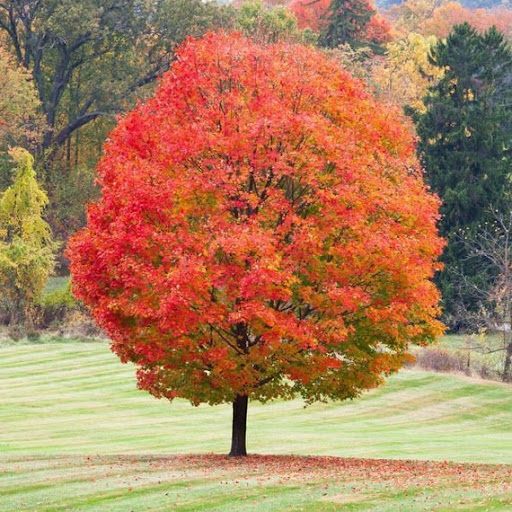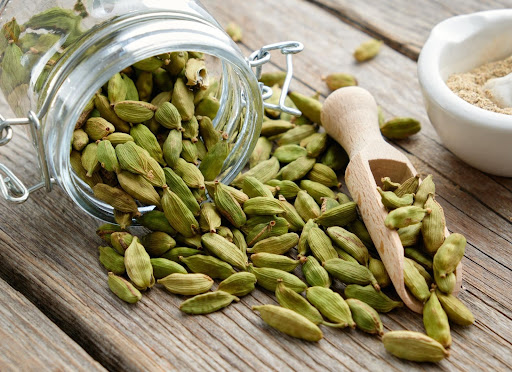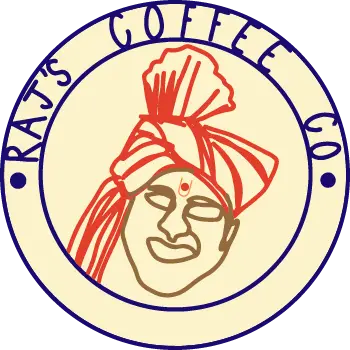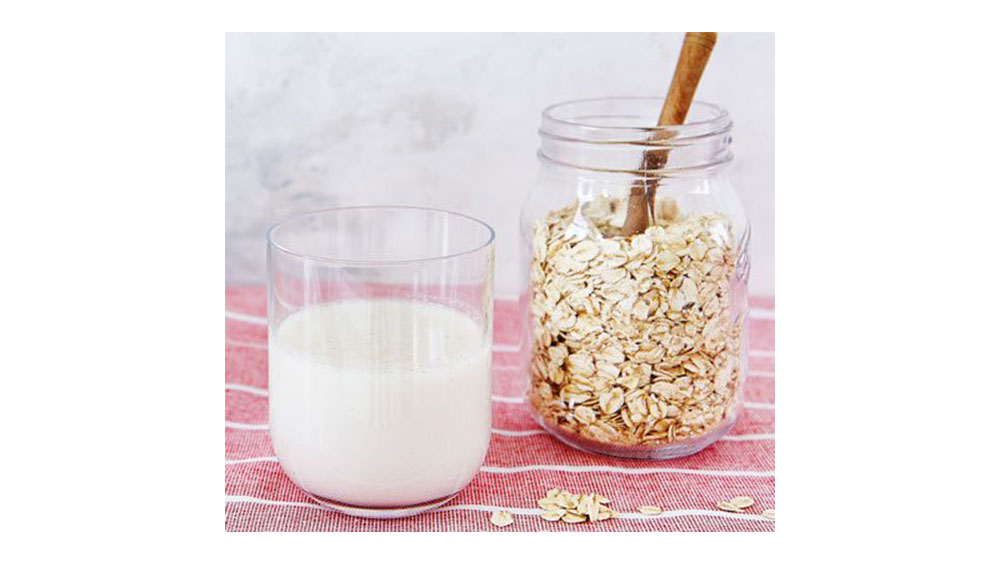Okay, we understand that ‘vegan coffee’ might be a bit confusing. After all, coffee is already vegan!
This is true, of course, since coffee beans are the seeds from the coffee cherry, and grow on the coffee plant. However, there are a number of things that we do to coffee after brewing that might not make it vegan. This could be the use of dairy milk in your coffee or the use of non-vegan syrups in cafes that might not quite fit in with the way you want to live your life.
Well, in this article, we’re going to talk about some of the best ways to make a cup of vegan coffee taste truly exceptional.
Plant-based Milk

Plant-based milk is much more popular now than it ever has been, and there’s a simple reason for that – it’s gotten a lot better.
Once upon a time, the only option was almond milk. While almond milk has its advantages, it’s also a little offputting – it has an odd texture, an odd color, and a quite terrible impact on the planet. In the modern day, however, there is a huge range of different plant-based milk alternatives that can boost your coffee. Perhaps the most promising one, from a purely academic point of view, is oat milk. Oat milk can be enjoyed steamed, heated, or cool, and can be used in a range of different beverages. Perhaps the most important aspect of it, though, is the fact that it tastes good – it’s simple and inoffensive, and even has the gentle sweetness that dairy milk naturally has. In terms of a milk replacement, it can be a great vegan option.
Maple Syrup – A sweet addition to vegan coffee

Maple syrup is often branded as a wonderful plant-based alternative to other sweeteners. While this is true, it’s no different front the norm – maple syrup has always been plant-based, since the syrup is simply a distilled version of the sap from the tree.
Maple syrup gives coffee a range of different flavors that make it truly wonderful – a rich nuttiness, a widespread earthiness, and a unique maple flavor that makes it hard to walk away from. The truth of the matter is really quite simple: maple syrup is a fantastic vegan food option.
Something that we really love about the use of maple syrup in coffee is the fact that it’s quite thin, as far as liquids go. This means that it’s liable to dissolve into a cup of coffee very easily, leading to a well-sweetened beverage being easy to come by and deeply sippable.
If you do find yourself heading for a maple syrup bottle at the supermarket, perhaps reconsider, and look for a more independent, artisanally-produced option. The reason we recommend that is that artisanally produced syrup tends to have more flavor since more care is often taken in the small-batch production process.
Black Coffee – The original vegan coffee
As we mentioned at the top of the article, coffee is entirely vegan on its own. The only real ingredients in coffee are coffee beans and water, both of which are perfectly vegan – thank goodness.
The fact of the matter is that when you start to get into the process of brewing coffee in intense detail and specificity, you may find that you no longer need sweeteners or creamers at all, let alone non-vegan ones.
A commonly reported benefit of taking coffee more seriously in the home is that the cups you brew tend to become sweeter. The reason for this is that roasted coffee expresses some sugars, which caramelize.
From there, the process of making a cup of coffee allows you to dissolve and drink those sugars, getting the sweetness of great coffee into your mug and into the start of every single day.
When instant coffee is made, however, it’s taken far less seriously. Coffee grounds are typically brewed into a single, huge ‘cup’ of coffee, which is then sprayed through an aerosol-style nozzle, where the fine spray is freeze-dried into granules that will dissolve in your cup.
This process of freeze-drying utterly destroys any level of aromatics or dissolved flavor compounds within the coffee, leading to a final cup that’s much less interesting, much less sweet, and much less flavorful overall.
Spices in the Brewing Chamber

Using some spices in the brewing chamber of your coffee can result in some really interesting final flavors coming out in your coffee. This may sound like something a little odd, but it truly works!
A common example is the use of cardamom pods in the process of brewing coffee. This is often done with a French press, where coffee and pods will be added to the brewing chamber, followed by hot water. The brewing process will then begin, with the flavors being extracted into the water. After that, the pressing and pouring process serve to filter out the solid spices and coffee grounds, leaving only the liquid coffee behind. The final result is simple and delicious – cardamom-infused coffee.
This can be done with any range of different spices, the sky is the limit. Cardamom is a classic, as we said before, though chicory is also purported to bring interesting flavors to a cup of coffee. If you’re a lover of a great PSL, you could add in a classic pumpkin spice blend – cinnamon, nutmeg, cloves, and ginger. The end result will surely be a cup of coffee with some interesting flavors and a stunning aroma.
We would urge you to stay away from acidic herbs and spices, however, like dill. The reason for this is that they are more likely to highlight any under-extracted, acidic flavors in the brew that you’ve made, leading to a poorer cup of coffee.
Conclusion
Coffee is already vegan, though we appreciate that it may feel a little like the only options out there to boost brews are non-vegan. Rest assured, this isn’t the case: there are plenty of options sure to boost the flavor of every single one of your brews which are entirely plant-based.

